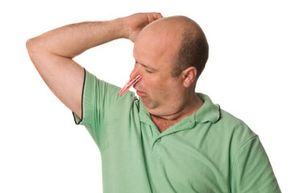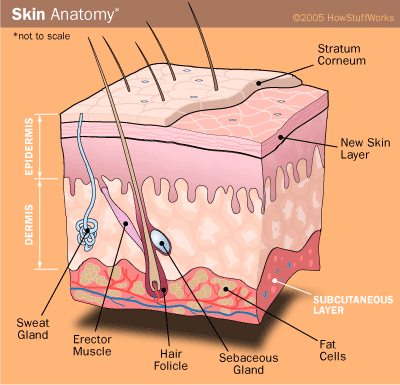The key to what you like is often in your nose. Because your senses are connected, an enticing aroma can make something good -- such as a tasty dish or a pleasing sight -- become even more attractive. What's more, each person has his or her own personal scent. Researchers have found that smell is often a key to a person's attractiveness, because your personal odor -- your chemical fingerprint -- can subtly draw people to you [source: Svoboda]. But this process works the opposite way, too, when there are those other kinds of smells. You know the ones -- the unpleasant aromas that sometimes waft by when you're in tight quarters with other people.
For more information about body odor, read Body Odor: Fast Facts.
Advertisement
Sometimes bodily odor can occur even when you've taken every personal hygiene precaution, and this could signal a bigger problem: a condition called bromhidrosis. Physicians use this term to refer to excessive body odor that falls outside of the normal range. Bromhidrosis is more common in men than in women. Although the exact reasons are unclear, doctors theorize that the reason for this might be that men have greater activity than women do in a particular kind of sweat gland found in the armpits, called the apocrine gland [source: New Zealand Dermatological Society].
But even excessive body odor caused by bromhidrosis can be tamed by taking the right steps. We'll learn more about what exactly causes the smell on the next page.
Advertisement


